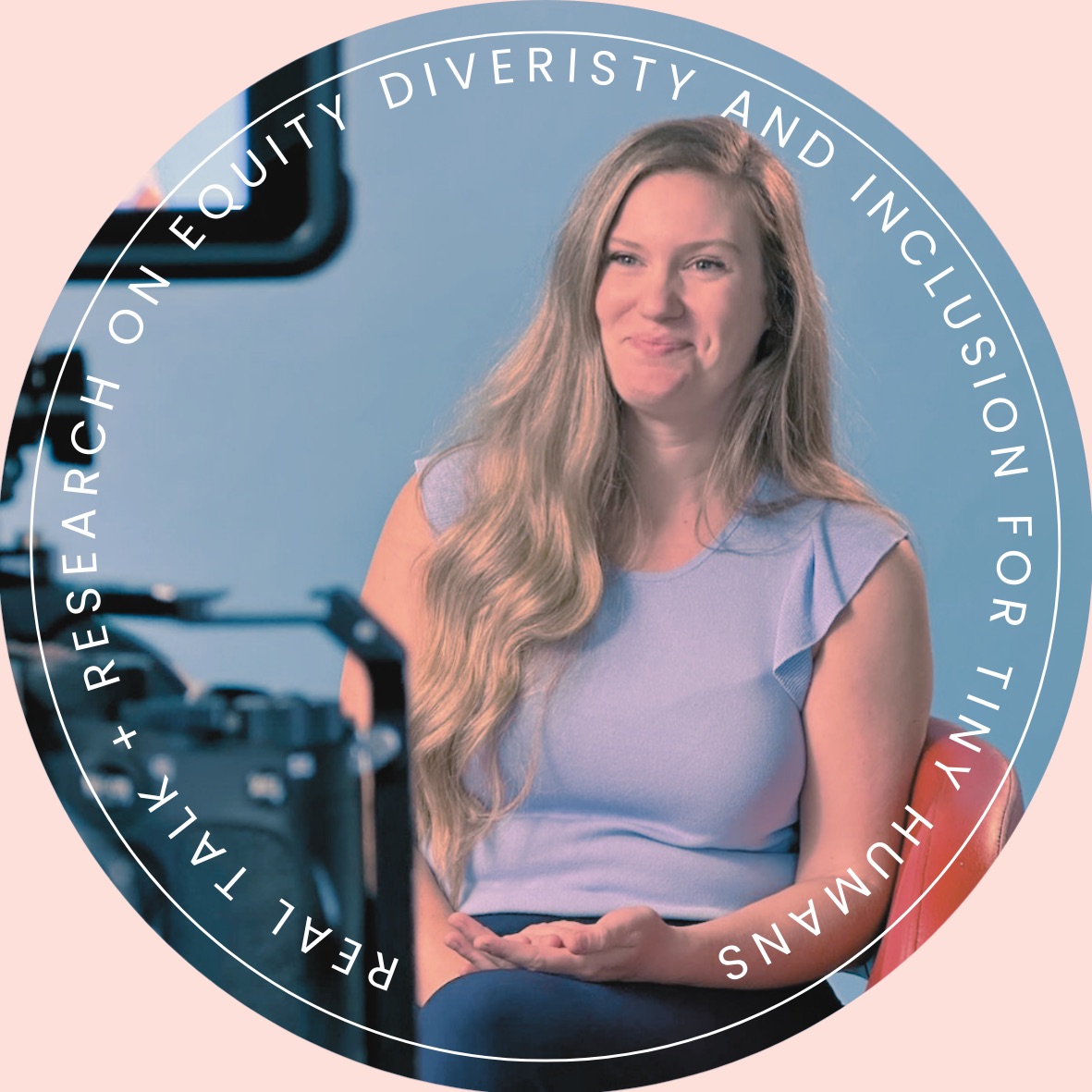Reimagining Refusal: Part I
- Emily Clark

- Oct 2
- 3 min read
Why 'NO' Might Be the Most Important Thing You Hear All Day
Picture this: It's story time, and three-year-old Micah crosses his arms. "No, I don't want to!" he declares firmly.
If you're like most early childhood educators, you might feel a flutter of concern. Is he being defiant? Did I do something wrong? Should I redirect him?
But here's what I want you to consider: What if Micah isn't being difficult? What if he's actually doing something incredibly sophisticated – exercising his fundamental human right to choose?

The Right We Forgot to Talk About
We talk a lot in early childhood education about children's participation rights. We create opportunities for kids to share their voices, make choices, and contribute ideas. And that's wonderful! But there's a crucial piece we've been missing.
Participation isn't just about saying yes. Real participation – the kind rooted in authentic human dignity – includes the equally important right to say no.
Think about your own life for a moment. Imagine if every invitation you received came with the expectation that you'd accept. Every meeting, every social gathering, every request for your time and energy – all treated as mandatory, with your refusal seen as problematic behavior. How would that feel?
Our youngest children deserve the same respect for their autonomy that we take for granted in our own lives.
The Problem Hiding in Plain Sight
Here's what's happening in ECE settings around the world: We've gotten really good at inviting children to participate. But we haven't gotten equally good at honoring their right to decline.
Research shows that teachers often view children's refusal as:
A personal failure ("I planned this activity so carefully!")
A behavior problem that needs correction
Something to overcome or redirect
A sign the child isn't "engaged" enough
But what if we've been looking at this all wrong?
When Maya says "No, I don't want to join circle time," she's not rejecting your teaching. She's not being oppositional. She's making a decision about her own body, time, and energy – just like you do every single day.
What This Means for Your Classroom Tomorrow
I know what you might be thinking: "But I have learning objectives! I have a schedule! I can't just let kids opt out of everything!"
I hear you. And I'm not suggesting chaos. But I am suggesting something that might feel radical at first: What if honoring a child's 'no' is just as important as celebrating their 'yes'?
This isn't about abandoning structure. It's about recognizing that authentic participation – the kind that truly respects children as full human beings – must include genuine choice. And genuine choice means the option to refuse.

The Invitation
Over this three-part series, we're going to explore:
Why refusal matters (and what the research tells us)
What happens when we don't honor children's right to refuse
Practical, concrete ways to create classrooms where "no" is respected
Here's my promise to you: This isn't about adding more to your already-full plate. It's about seeing what you're already doing through a new lens – one that might actually make your work easier and more joyful. Because when children know their "no" will be respected, something amazing happens: They become more willing to say "yes." When refusal is safe, participation becomes authentic.
Ready to rethink what participation really means? In Part 2, we'll dive into what the research reveals about children's right to refuse – and why so many of us have missed it.
Have you noticed how children in your setting express refusal? Drop a comment and share your observations – I'd love to hear your experiences!





Our children typically demonstrate refusal by saying, "No," tucking themselves into a little corner or simply continuing to play and not joining the activity.
Usually we invite them over and then leave it to them. Sometimes they join and other times they do not.
Looking forward to the next two parts!
Looking forward to the next two parts!
I see 2 difficulties in convincing people to accept refusal: (1) educators might not have anyone free to watch the children who are not participating; (2) educators may think it's important for young children to learn to hold still and sit down